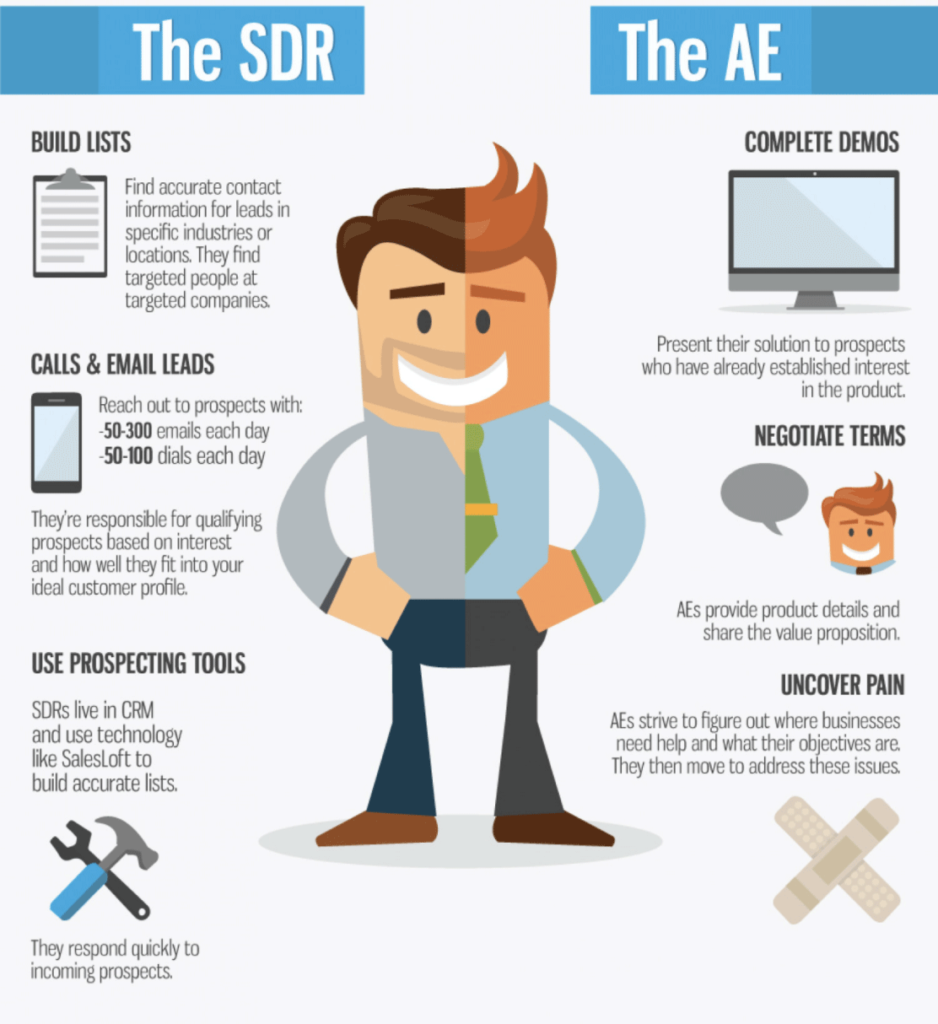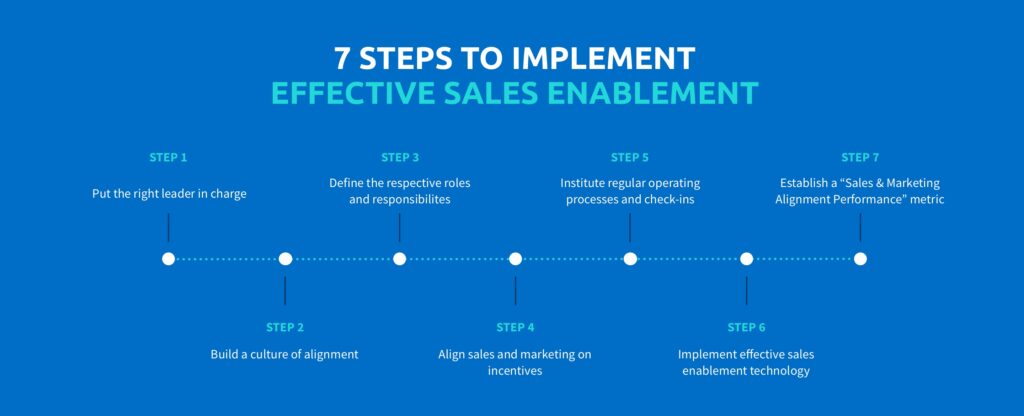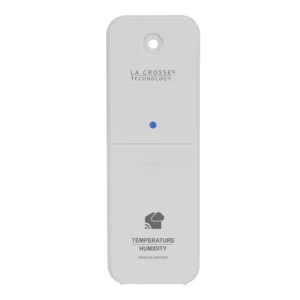
Introduction

In the past decade, the sales landscape has undergone a seismic shift, driven primarily by technological advancements. The emergence of Sales Technology (SalesTech) has transformed how businesses engage with customers, streamline processes, and ultimately drive revenue. This transformation has led to the creation of a new niche in the job market: sales technology jobs. This article delves into the various aspects of sales technology jobs, including their significance, the skills required, the job roles available, and future trends shaping this domain.sales technology jobs
Understanding Sales Technology

Sales technology encompasses a wide array of tools and software designed to enhance the efficiency and effectiveness of the sales process. These technologies range from customer relationship management (CRM) systems to advanced analytics, automation tools, and artificial intelligence (AI) solutions. They enable sales teams to manage leads, track customer interactions, analyze data, and improve overall sales strategies.
Importance of Sales Technology
- Efficiency: Sales technology automates repetitive tasks, allowing sales professionals to focus on building relationships and closing deals.
- Data-Driven Insights: With access to real-time data and analytics, sales teams can make informed decisions, tailor their strategies, and forecast sales more accurately.
- Enhanced Customer Experience: Technology enables personalized communication and engagement, which improves customer satisfaction and loyalty.
- Remote Work Enablement: In an increasingly remote work environment, sales technology tools facilitate collaboration and communication among distributed teams.
The Landscape of Sales Technology Jobs

As the demand for sales technology continues to grow, so does the variety of roles within this field. Sales technology jobs can broadly be categorized into the following segments:
1. Sales Operations
Sales operations professionals focus on streamlining and optimizing the sales process. They work closely with sales teams to implement technology solutions that enhance productivity.
Key Responsibilities:
- Managing CRM systems.
- Analyzing sales data to identify trends.
- Training sales staff on new technologies.
- Developing sales strategies based on data insights.
Skills Required:
- Proficiency in CRM software (e.g., Salesforce, HubSpot).
- Strong analytical and problem-solving skills.
- Excellent communication and training abilities.
2. Sales Enablement

Sales enablement specialists equip sales teams with the resources and knowledge they need to sell effectively. This includes training, content creation, and tool implementation.
Key Responsibilities:
- Creating sales training programs.
- Developing sales content and collateral.
- Implementing sales technology solutions.
- Evaluating the effectiveness of enablement strategies.
Skills Required:

- Knowledge of sales processes and methodologies.
- Content creation and management skills.
- Familiarity with sales enablement tools (e.g., Seismic, Highspot).
3. Sales Development Representatives (SDRs)
SDRs play a crucial role in the lead generation process. They leverage technology to identify potential customers and initiate contact, setting the stage for sales closers.
Skills Required:s:
- Conducting research to identify prospects.
- Utilizing sales outreach tools (e.g., LinkedIn, Outreach).
- Nurturing leads through automated campaigns.
- Qualifying leads for handoff to account executives.
Skills Required:

- Strong communication and interpersonal skills.
- Familiarity with prospecting tools and CRM systems.
- Ability to work with data and track metrics.
4. Account Executives
Account executives are responsible for closing deals and managing client relationships. In the realm of sales technology, they often use tools to enhance their sales presentations and client interactions.
Key Responsibilities:
- Conducting sales presentations and demos.
- Negotiating contracts and closing sales.
- Managing ongoing client relationships.
- Using analytics to track sales performance.
Skills Required:
- Strong negotiation and closing skills.
- Proficiency in CRM and sales analytics tools.
- Excellent interpersonal skills.
5. Product Specialists and Technical Sales
Product specialists focus on selling specific technology solutions. They often possess deep knowledge of the products and can effectively communicate their value to potential customers.
Key Responsibilities:
- Conducting product demonstrations.
- Collaborating with engineering and product teams.
- Responding to technical inquiries from customers.
- Developing sales strategies for product launches.
Skills Required:
- Technical expertise related to the product.
- Strong presentation and communication skills.
- Ability to understand customer needs and translate them into product solutions.
6. Sales Analytics and Data Science
As data becomes increasingly central to sales strategies, roles focused on analytics and data science are becoming vital. Professionals in this space leverage data to optimize sales performance.
Key Responsibilities:
- Analyzing sales data to derive actionable insights.
- Developing forecasting models.
- Collaborating with sales teams to implement data-driven strategies.
- Reporting on key performance metrics.
Skills Required:
- Proficiency in data analysis tools (e.g., Excel, Tableau, SQL).
- Strong analytical and critical thinking skills.
- Understanding of sales metrics and KPIs.
The Skills Gap: Preparing for Sales Technology Jobs

While the demand for sales technology jobs is growing, there remains a notable skills gap in the workforce. Many professionals are not adequately prepared for the specific demands of these roles. To bridge this gap, both individuals and organizations must take proactive steps.
1. Upskilling and Reskilling
Professionals in traditional sales roles should consider upskilling in technology-related areas. This includes familiarizing themselves with CRM systems, data analysis, and sales automation tools. Online courses, workshops, and certifications can help in acquiring these skills.
2. Emphasizing Soft Skills
While technical skills are crucial, soft skills such as communication, problem-solving, and emotional intelligence are equally important. Sales professionals must be able to build relationships, understand customer needs, and adapt to changing circumstances.
3. Continuous Learning
The sales technology landscape is ever-evolving, making continuous learning essential. Professionals should stay updated on industry trends, emerging technologies, and best practices through webinars, industry conferences, and professional networks.
4. Collaboration with Educational Institutions
Companies can collaborate with educational institutions to create tailored training programs that address the specific skills required in sales technology roles. This can include internships, workshops, and mentorship programs.
The Future of Sales Technology Jobs
As technology continues to advance, the landscape of sales technology jobs is expected to evolve further. Several key trends are shaping this future.
1. Increased Automation
Automation is set to play a more significant role in the sales process. This includes automating lead generation, follow-ups, and even closing sales through AI-driven solutions. Sales professionals will need to adapt to working alongside these automated systems.
2. AI and Machine Learning Integration
AI and machine learning will continue to enhance sales technology by providing deeper insights and predictive analytics. Sales professionals will need to develop a strong understanding of how to leverage these technologies to drive sales strategies.
3. Enhanced Customer Engagement
As customer expectations evolve, sales teams will need to adopt more personalized and customer-centric approaches. Technology will play a crucial role in enabling these strategies, necessitating a deep understanding of customer data and behavior.
4. Hybrid Work Models
The shift towards remote and hybrid work models is likely to persist. Sales technology jobs will need to incorporate tools and strategies that facilitate effective communication and collaboration among distributed teams.
5. Focus on Data Privacy and Ethics
With the increasing reliance on customer data, sales technology professionals will need to prioritize data privacy and ethical considerations. Understanding regulations such as GDPR and implementing best practices for data handling will be essential.
Conclusion

Sales technology jobs represent a dynamic and rapidly growing segment of the job market. As businesses continue to embrace technological solutions to enhance their sales processes, the demand for skilled professionals in this field will only increase. By developing the necessary skills, embracing continuous learning, and staying attuned to industry trends, individuals can position themselves for success in this transformative landscape. As we look to the future, it is clear that sales technology will play an integral role in shaping the next generation of sales professionals, paving the way for a more efficient, effective, and customer-centric sales process.For more detail to visit techwebinsights.com techwebinsights.com





